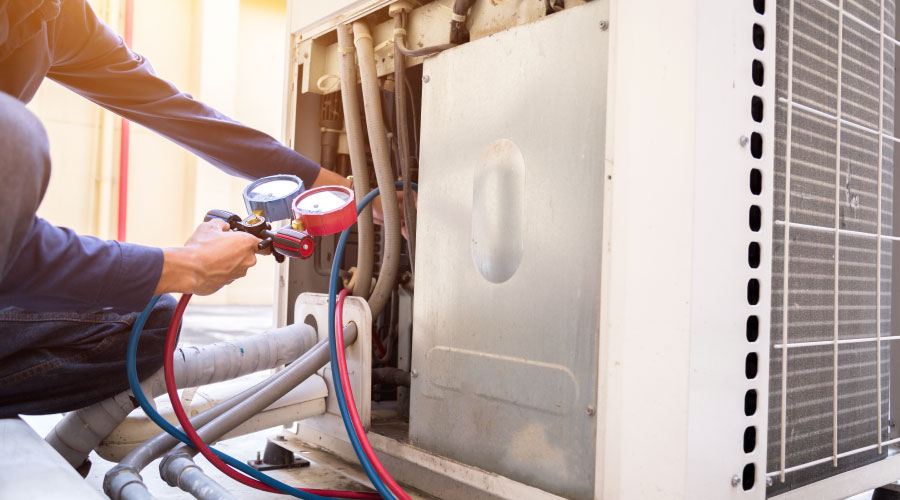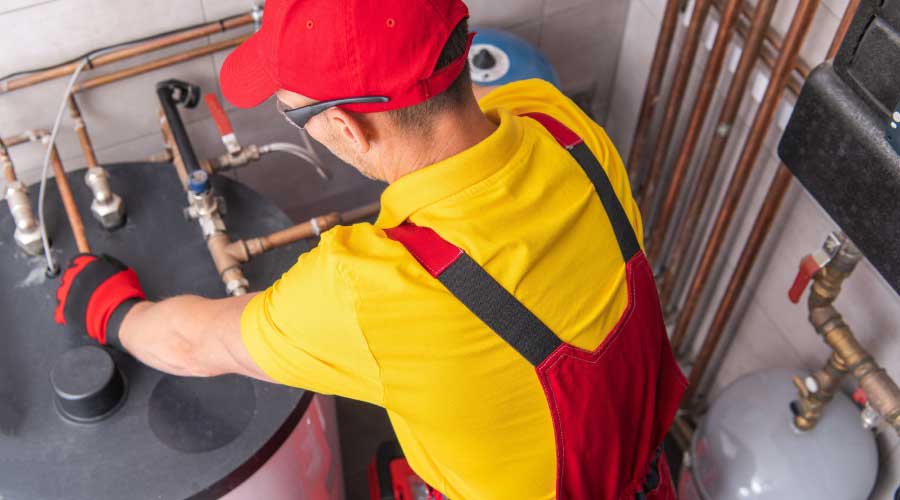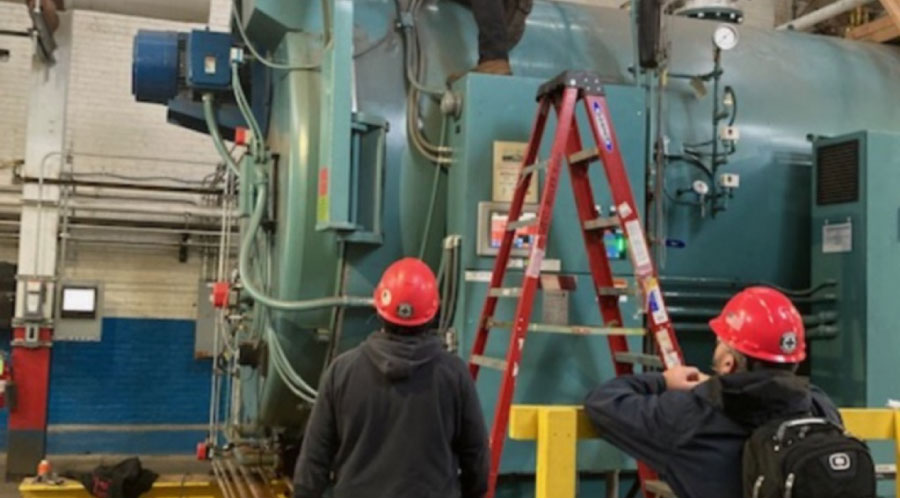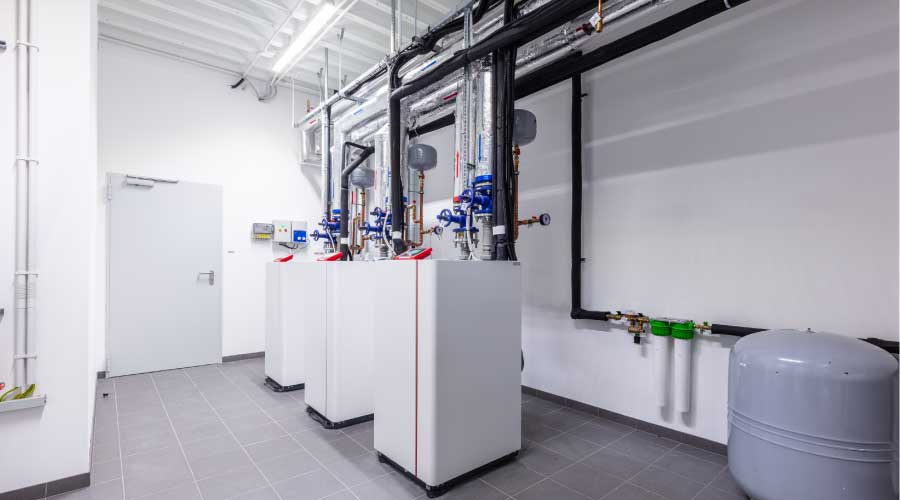In California, 2024 Looms Large for Facility Managers
The California Cooling Act aims to cut harmful hydrofluorocarbon emissions 40 percent by 2030. It also prohibits certain HFCs in chillers beginning in 2024.
Among the world’s leaders in proactive climate legislation, California passed SB 1013, the California Cooling Act, in late 2018 to accelerate reductions of harmful emissions by targeting hydrofluorocarbons (HFCs).
The accelerated phaseout has been welcomed by environmentalists and some building owners and managers, yet it also posed a challenge for facility managers, engineers, and manufacturers: To meet use restrictions of HFCs adopted and enforced by the Environmental Protection Agency, but on a faster schedule.
In addition to the Montreal Protocol, California’s new law aspires to cut HFC emissions by 40 percent from 2013 levels by 2030. The California Cooling Act adopts two major rules from the EPA’s Significant New Alternatives Policy (SNAP) rules, according to the California Air Resources Board, including:
- Rule 20: Prohibiting use of high-global-warming-potential HFC refrigerants such as R-404A and R-507A in new supermarket refrigeration equipment, stand-alone equipment, remote condensing units, and refrigerated vending machines.
- Rule 21: Prohibiting certain HFCs in new cold storage facilities beginning in 2023, and in new chillers beginning in 2024.
The chillers clause raised an immediate challenge for many construction industry professionals, who had been planning for a later deadline.
“This phase-out of certain HFC refrigerants in chillers by 2024 will have a massive impact for engineers and operators of HVAC equipment, not to mention chiller manufacturers,” says Julian Parsley, P.E., LEED AP, a principal and mechanical engineer with Buro Happold who consults on sustainability strategies. “Many chillers commonly used today are only compatible with HFCs and will begin to lose their efficacy as these refrigerants are phased out.”
Julian Parsley, P.E., LEED AP, is a mechanical engineer and principal with Buro Happold who has 15-plus years of experience delivering highly sustainable, ZNE, and low water design solutions on a wide range of LEED Platinum projects.
Sara Kingman is a sustainability engineer at Buro Happold and a LEED Accredited Professional with BD+C specialty. She is also certified EcoDistricts AP and a TRUE Advisor.
Yensi Izquierdo, P.E., is an associate with Buro Happold and a Building Services Design Engineer with 10-plus years of experience in the AEC field and highly proficient in BIM workflows.
Related Topics:














